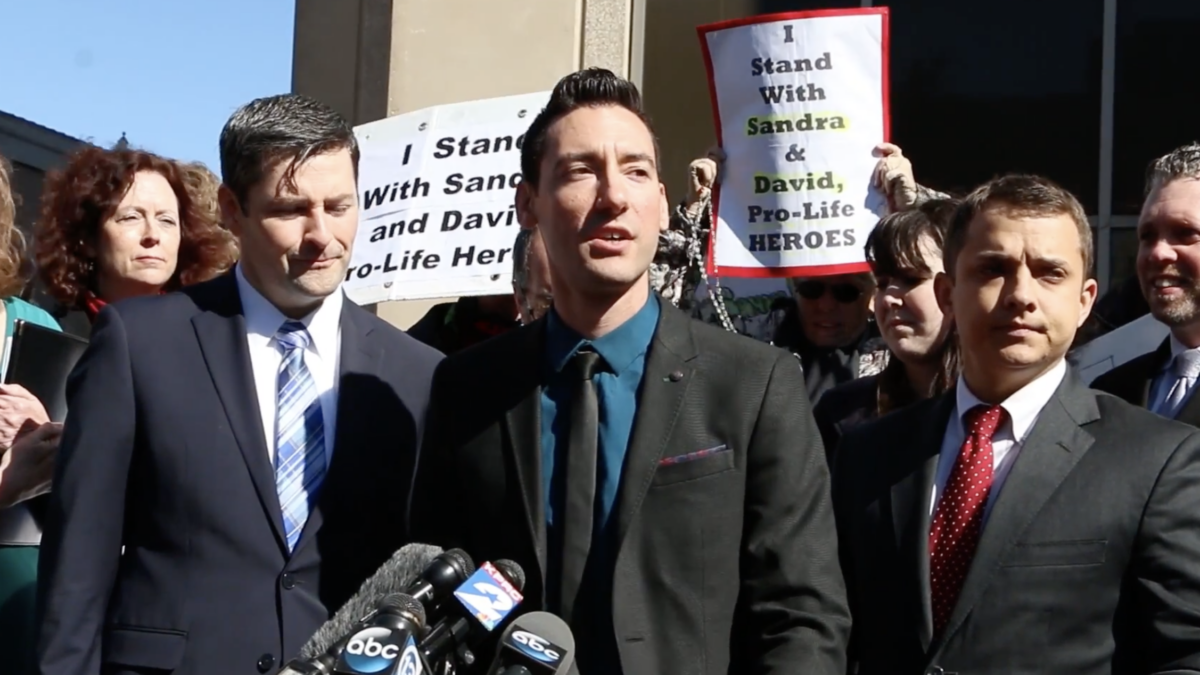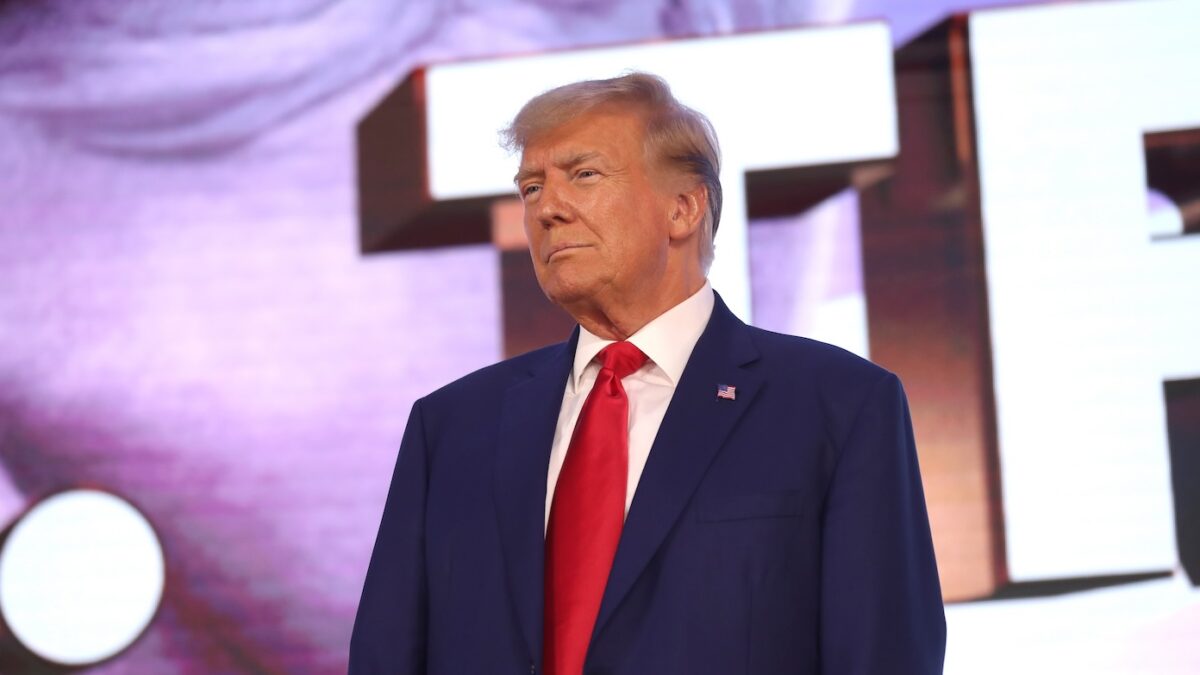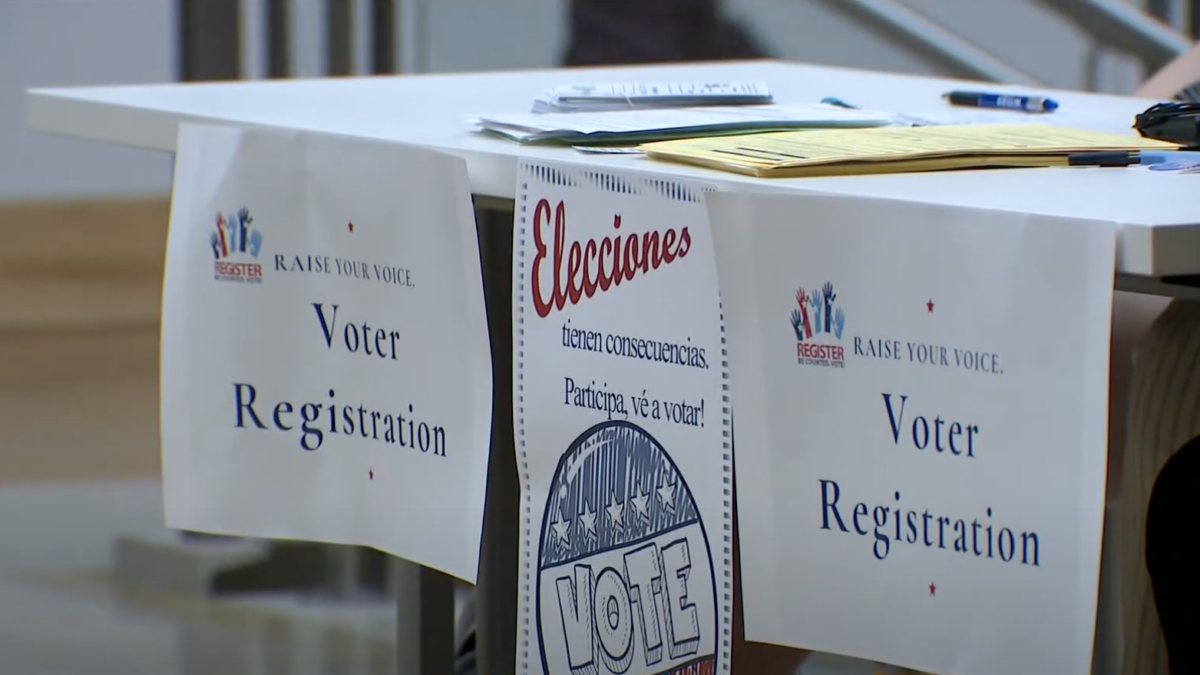
California prosecutors in the upcoming criminal trial of David Daleiden, who could face jail time for recording conversations with Planned Parenthood employees about baby body part trafficking, filed a pretrial motion requesting specific evidence be barred from the trial. Friday afternoon, Daleiden and his legal team filed a response to that motion, arguing that prosecutors are attempting to ban exculpatory evidence that proves his undercover videos were indeed legal.
Attorney General Rob Bonta’s office is prosecuting Daleiden as if the charges against him include violating National Abortion Federation (NAF) policies when he recorded conversations at their convention. Daleiden’s counsel argues that NAF’s policies and procedures are irrelevant because he was seeking evidence of criminal activity, in accordance with California law.
“The only dispute is whether the Defendants purposely recorded confidential communications or whether these conversations in public spaces where anyone could overhear them were reasonably intended by the Does, not by NAF, to be confined to themselves and the Defendants,” Daleiden’s written response states.
The AG’s office seeks to exclude one piece of evidence in particular from the trial: testimony from the former Orange County district attorney, Tony Rackauckas. The former DA has testified that without Daleiden’s undercover videos, he would have never been able to sue and effectively shut down illegal fetal tissue harvesting businesses operating in California, also known as Planned Parenthood’s “middle-man” procurement companies.
The state wants to prevent Rackauckas from testifying because his statements affirm what California state law already establishes, and is the crux of Daleiden’s defense: Journalists recording undercover videos are protected by law if they are making reasonable, good faith efforts to investigate violent crimes.
In his personal declaration, Rackauckas states that Daleiden’s videos gave him not only the evidence he needed to pursue his 2016 investigation of the tissue procurement companies, but evidence the companies responded to by admitting guilt, paying $7.8 million, and closing their businesses. Daleiden’s videos may have been undercover, but because they revealed “evidence of infanticide, of partial birth abortion, of felony battery and of the illegal sales of fetal tissues and organs,” they are legal under California law.
Prosectors are also requesting that the court prevent Daleiden’s defense from using terms like “baby body parts” and describing failed abortions or partial-birth abortions.
“The AG essentially seeks a gag order at trial concerning testimony and public statements that would prevent both defendants and their counsel from characterizing the evidence as they see fit,” Daleiden’s counsel wrote.
There is no shortage of examples of activists and journalists who use concealed-camera videos in California to expose criminal behavior, such as the undercover stings investigating animal cruelty at farms and slaughterhouses. California prosecutors only seem to take issue with undercover videos when they expose cruelty to women and unborn children.
The criminal trial is tentatively scheduled to take place in April.








